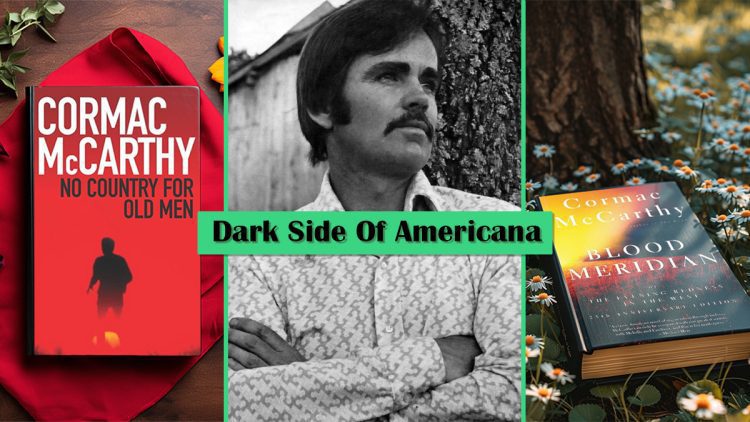Considered by many to be one of the greatest American novelists of all time, Cormac McCarthy is a voice like none other. Known for his violent depictions of the American West and his sparse use of punctuation — he’s particularly famous for his dialogue, which often lacks speech marks and attribution — Cormac McCarthy’s books capture the underbelly of Americana, including its fascination with violence and the corruption of power.
As we near the one-year anniversary of his death, let’s take a deeper look at his writing. What exactly are the prevailing themes in Cormac McCarthy’s work? And where should you begin with his novels?
RelatedThe Road Adaptation: A Post Apocalyptic View of the Earth
The Appeal Of Violence
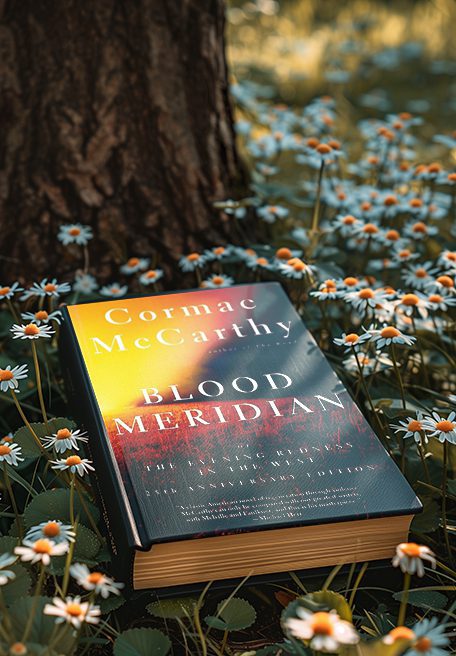
Blood Meridian
Google Books Preview:
Author:
Cormac McCarthy
Published:
05/05/1992
Genre:
Publisher:
Vintage
Number of pages:
368
ISBN:
9780679728757
The most common adjective I’ve heard used to describe Cormac McCarthy’s novels is “violent.” With good reason: I consider myself a fairly unflappable reader, and even I have struggled with passages in his books. Details aside, the worlds he depicts are often filled with physical harm, destruction, and bloodshed.
But this violence serves a purpose. In Cormac McCarthy’s worldview, violence is inextricably linked to human history. Blood Meridian, arguably his best book, is a haunting depiction of the creation of America and a twisted examination of The American Dream. The novel follows a gang of scalp hunters during the Mexican-American war and contains numerous accounts of the slaughter of indigenous people for financial gain.
His straightforward, honest, and shocking portrayal of American history is a reminder that yes, the United States was built through the idea of conquest and violence. Furthermore, he reminds us that, to a certain extent, violence is a deep and animalistic aspect of human nature. Good or evil, we all have the capacity to enact harm upon landscapes, nature, and other human beings.
Respect for Tradition
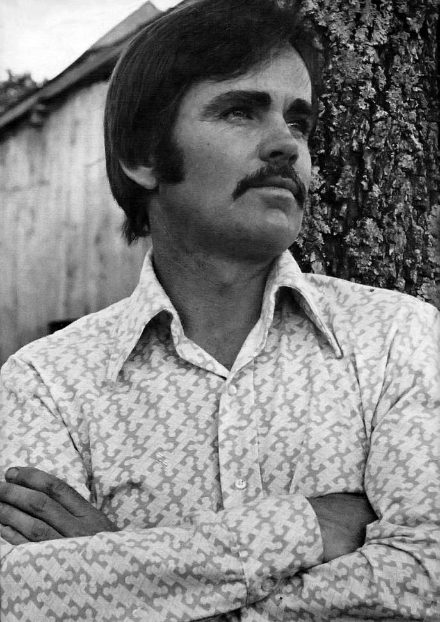
Tradition and its preservation is another recurring motif in Cormac McCarthy’s writing. Many of his stories are set against harsh, empty landscapes where traditional societal structures may seem absent. But, paradoxically, this exact backdrop often heightens his characters’ actions and their attempts to carry their culture as best they can.
I’ll share an example from All The Pretty Horses. (Be warned, mild spoilers ahead!)
The novel opens as protagonist John Grady Cole learns his grandfather’s ranch is slated to be sold. John Grady is disappointed and rejects the idea of moving into town to live a more urban life, seeking instead to maintain his cowboy lineage. As the novel progresses, young John Grady falls in love with Alejandra, the daughter of a wealthy Mexican ranch owner. Her grandmother, who experienced a similarly forbidden love as a young woman, warns John Grady against the relationship, reminding him that Alejandra’s social standing is dependent on her “respectability,” and that her family name would be marred if news of their affair were to go public.
While I won’t give away the rest of the novel, the plot continues to plunge into the weight and relevance of tradition, and what it means to carry one’s heritage forward.
RelatedDefining Themes of American Literature: A Discussion
The Nature Of Evil
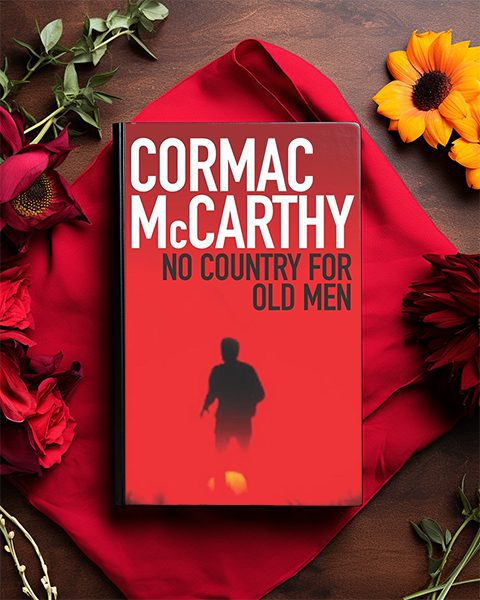
When I think of “evil,” I think of two McCarthy characters in particular: Judge Holden from Blood Meridian and Anton Chigurh from No Country For Old Men. But who are these figures, and how does Cormac McCarthy use them to explore the idea of wickedness?
Judge Holden is considered, by some readers, to be the embodiment of the devil himself. He commits entire massacres with a smile on his face and holds a deep belief that humanity is doomed to destruction. He opposes the protagonist, The Kid, who increasingly serves as a foil to Judge Holden’s bloodthirsty immorality.
Anton Chigurh is similarly unsettling, described by another character as a “psychopathic killer.” He murders innocent people without feeling, flipping a coin to decide each victim’s fate. Creepy.
(If you haven’t seen the Coen Brothers’ 2007 adaptation of No Country For Old Men, be sure to watch it. Javier Bardem won an Oscar for his portrayal of Chigurh, whose role also obligated him to get a seriously unforgettable haircut…)
And though I won’t give away the ending to either book, I will say this: these antagonists show us that, while evil is inevitable, the fight against it is essential to the human spirit.
RelatedContemporary Classics: American Literature Month at Fully Booked
Where do I start?
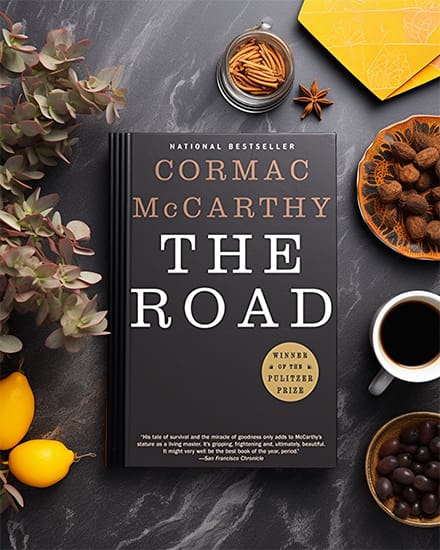
If you’ve yet to pick up a book by Cormac McCarthy, you’re in for a treat. For even though his novels all explore interrelated themes, they’re vastly different in terms of tone and plot.
Fans of family dramas and post-apocalyptic worlds should start with The Road, which won the Pulitzer Prize for Fiction in 2007 and was also adapted into a 2009 film starring Viggo Mortensen. It’s a harrowing tale about a young boy and his father as they struggle to survive after a global extinction event and was inspired by Cormac McCarthy’s own experience as an aging father to a young son.
If you’re a fan of action and Western stories, consider reading All The Pretty Horses or No Country For Old Men. The former is perhaps the most Romantic and optimistic of his novels; the latter is a nail-biting page-turner filled with shootouts, chase sequences, and high-level robbery.
My personal favorite? While not for the faint of heart due to its horrific imagery, Blood Meridian is one of my all-time favorite books by any author. Part Western, part epic, part historical novel, it contains some of the most striking writing I’ve read. (And a long-awaited film adaptation was finally announced in December!)
No matter which Cormac McCarthy novel you choose, you’re in for an experience of reflection and an unerring look at the dark side of Americana. Enjoy.

